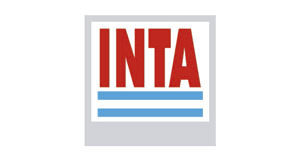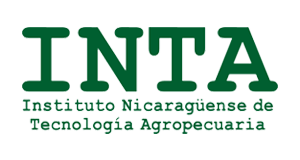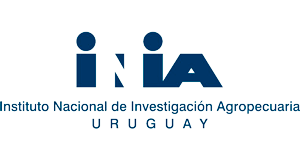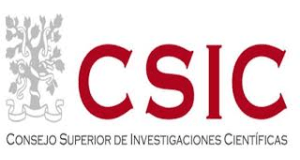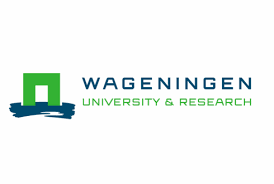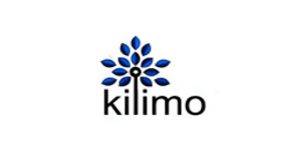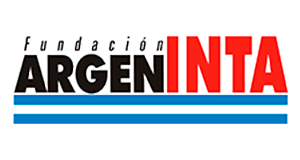Irrigation advisory systems and information and communication technologies
Efficient water use is essential to sustainably increasing the productivity of irrigated agriculture. Digital technologies and remote sensing products are important support tools for this purpose.
Context of the story
Agriculture faces the challenge of increasing productivity while using water, soil, energy, labor and other production inputs in a sustainable manner. In this scenario, irrigated agriculture and family agriculture play a central role. Around 275 million ha are irrigated in the world (20% of the arable land), which produces 40% of food. Family agriculture is the most widespread means of production in the world, representing more than 90% of the total farms and 80% of food production. Efficient water use water is essential to sustainably increase the productivity of irrigated agriculture. A central aspect is the irrigation scheduling, or deciding when and how much water to apply.
The application of theoretical concepts of water-soil-plant-atmosphere relationships, combined with the use of remote sensing and digital technologies, facilitate decision-making for irrigation scheduling.
The implemented initiative
The general objective of the project is to generate a study to identify how to reduce the yield gap in a group of selected crops, through the use of irrigation schedules adjusted to the water requirements. The specific objectives are: 1) to make an initial diagnosis of the pilot areas and develop the infrastructure of the Irrigation Advisory System (IAS); 2)to develop a study of an information technology system that will constitute the operational basis of the IAS; 3) to carry out test studies to implement the IAS and establish the basis for its scaling. The study is being carried out in pilot areas of Argentina, Nicaragua and Uruguay and project activities are expected to reach 1,550 farmers.
The water balance of crops in real time, using various sources and platforms, will informs decision-making on irrigation scheduling. The innovations will be adapted to the context of family agriculture.
The technological solution
An important aspect for improving efficient water use in agriculture is the application of irrigation adjusted to the water needs of crops and the establishment of an appropriate irrigation scheduling. However, not enough attention is paid to these issues. Family agriculture has limited access to technologies and information according to its needs. The increasing access to the internet, mobile telephones, remote data transmission and remote sensing services is a great opportunity to transfer information and knowledge to family agriculture. The real-time monitoring of the climate, soil water content and the state of the crops are tools with great potential to integrate farmers into the new digitally-driven agri-food systems and inform their decision-making on irrigation water management.
The digitization of agriculture should be an inclusive process, with a social and practical approach. It is important to combine digital and non-digital tools and take into account different paradigms, rural cultures and networks of actors.
Results
The main result of the project is the development of the Irrigation Advisory Service (IAS), which answers the two basic questions of irrigation scheduling: when and how much to irrigate? The IAS shows, graphically and numerically, soil water availability. When the water content falls below a threshold (which mainly depends on the crop and type of soil), the irrigation alert is given. The IAS has been tested in alfalfa, cotton, strawberry, tomato, pepper and beans. Preliminary results show that adjusted irrigation schedules significantly increases crop yields: alfalfa 33%, cotton 67%, pepper 65%, strawberry 52%, beans 22% and tomato 62%. Other results of the project are the strengthening of meteorological information networks and the use of satellite images to estimate soil moisture through algorithms.

 Back to the project
Back to the project Argentina
Argentina Nicaragua
Nicaragua Uruguay
Uruguay Holland
Holland Spain
Spain